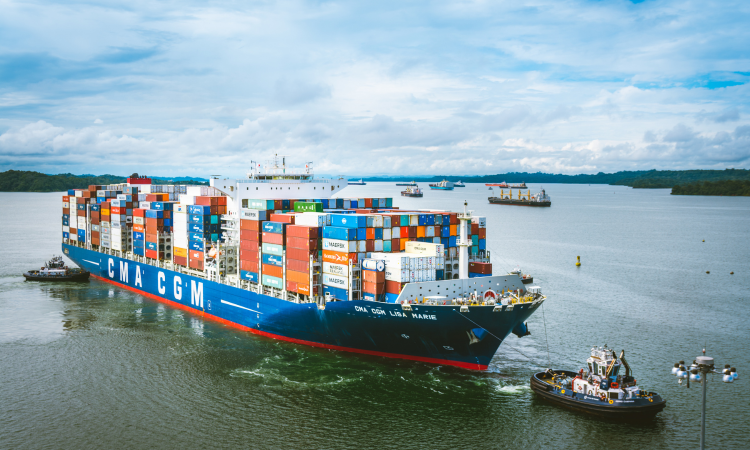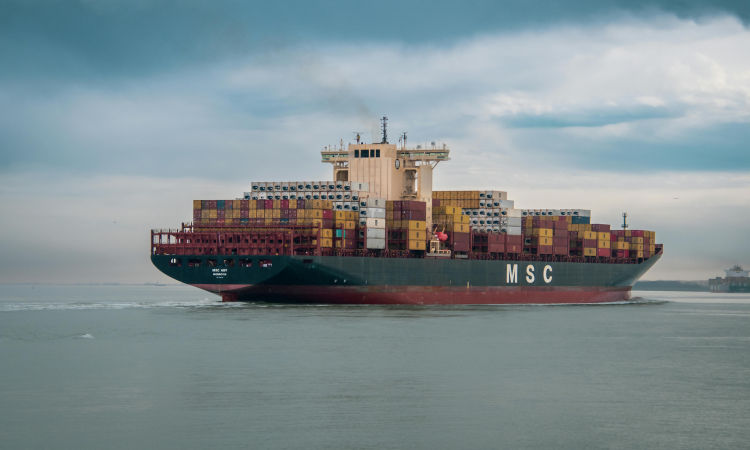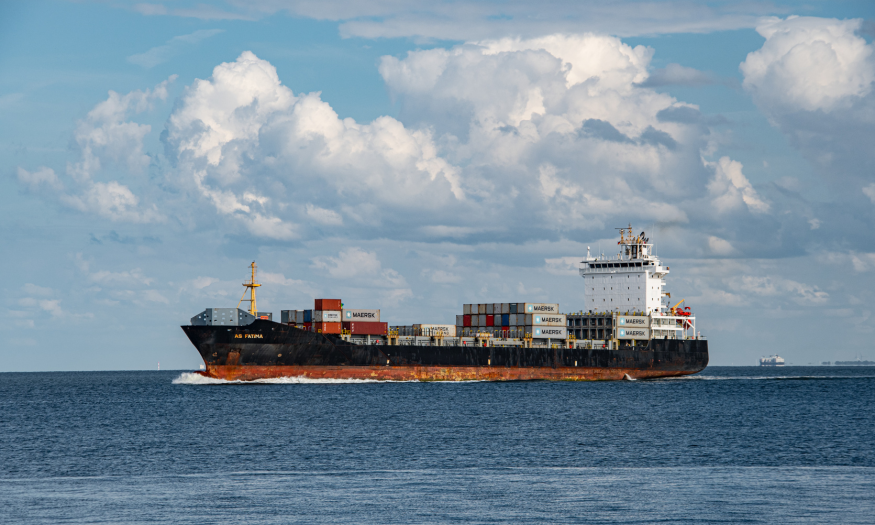In today’s global trade environment, the movement of goods across borders has become more complex than ever. Businesses often face a critical choice: should they partner with a freight forwarder who operates independently, or should they rely on a Freight Forwarders Network that connects multiple agents worldwide?
Both options have their unique advantages, and the right choice depends on the size of your business, the type of cargo you handle, and your long-term logistics goals. This blog explores the differences between freight forwarders networks and independent forwarders, highlights their pros and cons, and helps you determine which is the better solution for your supply chain.
Understanding Freight Forwarders and Freight Networks
Before diving into comparisons, it’s important to define both:
- Independent Freight Forwarder:
An independent Freight Forwarder Company or individual agent that manages the transportation of goods for businesses. They often specialize in particular trade routes, industries, or modes of transport such as sea freight, air freight, or multimodal logistics. Their strength lies in personal service, flexibility, and niche expertise. - Freight forwarders Network:
A freight forwarders network is a global alliance or membership-based association of forwarders. These networks connect logistics companies across countries and regions, allowing them to collaborate and handle international shipments collectively. Members often share resources, offer support in customs clearance, and provide local representation worldwide.
Both models aim to simplify the movement of cargo, but the way they operate and the value they deliver can differ significantly.
Advantages of Independent Freight Forwarders
- Personalized Service
Independent forwarders are often smaller and more agile. They build close relationships with clients and tailor logistics solutions to meet unique requirements. - Flexibility in Operations
Unlike larger networks with standardized processes, independent agents can quickly adjust to challenges like shipment delays, route changes, or unexpected customs issues. - Industry Specialization
Many independents specialize in industries such as pharmaceuticals, perishables, or heavy machinery. This expertise helps businesses that require compliance with strict handling and safety regulations. - Direct Communication
Dealing directly with an independent forwarder reduces communication layers. Clients often work with a single point of contact, making coordination easier and faster. - Competitive Pricing
Independent forwarders may offer cost advantages as they don’t always have to pay for global memberships or administrative overheads associated with networks.
Limitations of Independent Forwarders
- Limited Global Reach
A standalone forwarder might not have offices or trusted partners in every country, which can become a challenge for businesses with diverse international trade requirements. - Resource Constraints
Smaller teams sometimes struggle with large-scale projects or urgent shipments during peak seasons. - Financial Risk
If an independent forwarder lacks strong financial stability, there may be risks in case of disputes or sudden closures.
Advantages of Freight Networks
- Global Coverage
Freight forwarders networks bring together members from across the world. This means businesses can benefit from local expertise in multiple countries while still working with one point of contact. - Standardized Support
Many networks enforce quality standards, ensuring that all members follow compliance, documentation, and ethical practices. - Reliability and Trust
Reputable freight forwarder networks perform background checks before admitting new members. This minimizes risks of fraud or incompetence. - Scalability
Businesses with expanding global supply chains can scale more easily within a freight network because partners are already established in key markets. - Collaborative Problem-Solving
If an issue arises in a foreign port or customs office, network members in that location can step in to provide on-the-ground support quickly.
Limitations of Freight Networks
- Membership Costs
Networks charge annual fees, which are often passed on to customers in service costs. - Less Personalized Service
While networks are efficient, clients may feel like just another number in a large system. Independent agents often provide more tailored experiences. - Varying Quality Between Members
Even with quality checks, not all agents in a network deliver the same level of service. A single weak link can disrupt the chain. - Less Pricing Flexibility
Because network members follow structured agreements, price negotiations may be less flexible compared to independent forwarders.
Key Comparison Table: Freight forwarders Network vs. Independent Forwarder
| Feature | Freight forwarders Network | Independent Forwarder |
| Global Reach | Wide, with established partners worldwide | Limited, unless they build their ties |
| Service Style | Standardized, system-based | Personalized, relationship-driven |
| Pricing | May include network membership costs | More flexible, competitive |
| Flexibility | Moderate, depends on network rules | High, quick adaptability |
| Risk Management | Shared among members, more secure | Depends on forwarder’s own stability |
| Scalability | Easy expansion with global partners | Limited, unless they grow gradually |
Which One Should You Choose?
The answer depends on your business goals, trade lanes, and shipment volumes.
Choose an Independent Forwarder if:
- You value personalized service and direct communication.
- Your trade is focused on specific regions or industries.
- You want cost flexibility and niche expertise.
Choose a Freight Network if:
- You operate in multiple global markets and need representation everywhere.
- Reliability, compliance, and standardized processes are top priorities.
- You’re scaling your business and require long-term logistics partners.
The Future of Global Freight Forwarding
Globalization, e-commerce growth, and supply chain disruptions are reshaping logistics. Many businesses now prefer a hybrid approach—working with independent forwarders for specialized shipments while leveraging freight networks for global coverage. Technology platforms are also bridging gaps by connecting shippers, forwarders, and networks through digital freight marketplaces.
The choice is no longer just “one or the other.” Instead, it’s about building a strategy that aligns with your business’s unique logistics challenges.
The debate of Freight Forwarders Network vs. independent forwarder doesn’t have a one-size-fits-all answer. Independent forwarders excel in flexibility, personal attention, and niche expertise, while freight networks provide global reach, security, and scalability.
Businesses should evaluate their trade lanes, shipment volume, and long-term goals before deciding. In many cases, a combination of both approaches—leveraging independent agents for specialized shipments and networks for global coverage—may prove to be the smartest strategy.
By understanding the strengths and limitations of each model, companies can make informed choices that not only optimize their supply chain but also strengthen resilience in an ever-changing world of global trade.




